Feeling tired after eating
We’ve all felt it — that drowsy feeling that sneaks in after a meal. You’re full and relaxed and struggling to keep your eyes open. Why are meals so often followed by a sudden urge to take a nap, and should you be concerned about it?
In general, a little bit of sleepiness after eating is completely normal and nothing to worry about. There are several factors that contribute to this post-meal phenomenon, and there are a few things you might be able to do to minimize those drowsy effects.
Your body needs energy to function—not just to run after your dog or put in time at the gym—but to breathe and simply exist. We get this energy from our food.
Food is broken down into fuel (glucose) by our digestive system. Macronutrients such as protein then provide calories (energy) to our bodies. More than just changing food into energy, our digestive cycle triggers all kinds of responses within our body.
Hormones such as cholecystokinin (CCK), glucagon, and amylin are released to increase a feeling of fullness (satiety), blood sugar rises, and insulin is produced to allow this sugar to go from the blood and into the cells, where it’s used for energy.
Interestingly, there are also hormones that can lead to drowsiness if increased levels are found in the brain. One such hormone is serotonin. The other hormone that induces sleep, melatonin, isn’t released in response to eating. However, food can influence melatonin production.
Though all foods are digested in much the same manner, not all foods affect your body in the same way. Some foods can make you sleepier than others.
The amino acid tryptophan is found in turkey and other high-protein foods such as:
Tryptophan is used by the body to create serotonin. Serotonin is a neurotransmitter that helps regulate sleep.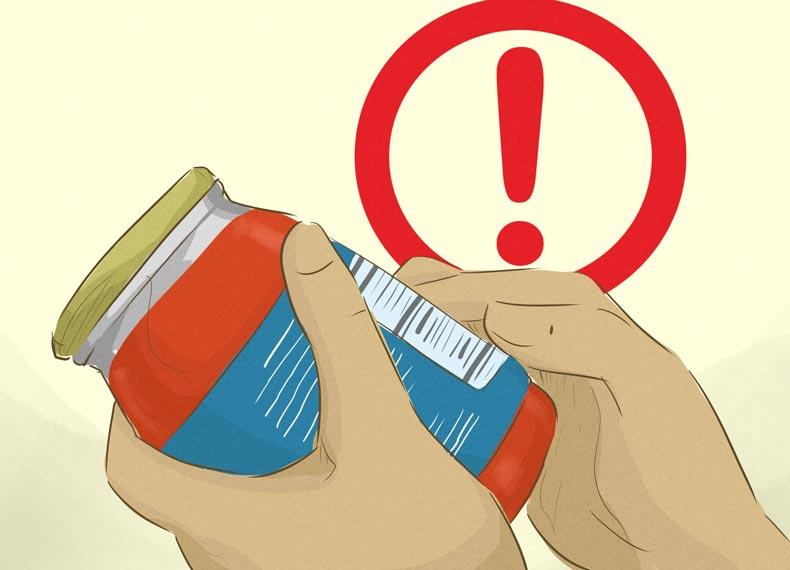 It’s possible that increased production of serotonin is responsible for that post-meal haze.
It’s possible that increased production of serotonin is responsible for that post-meal haze.
In the United States, tryptophan is perhaps more closely associated with turkey than any other food. This is likely a result of the sleepiness sometimes associated with consuming a turkey-centric meal, as is traditional for many on Thanksgiving.
However, turkey doesn’t contain a high level of tryptophan when compared to many other common foods. Post-Thanksgiving dinner sleepiness is more likely related to other factors, such as the volume of food or the quantity of alcohol or simple carbohydrates consumed.
See how the amount of tryptophan in turkey stacks up against some other foods, according to the U.S. Department of Agriculture (USDA). The USDA nutrient lists also show that tryptophan amounts for certain foods can vary depending on how they’re prepared or cooked.
According to the National Academy of Sciences, the recommended dietary allowance (RDA) of tryptophan per day for an adult is 5 milligrams (mg) per 1 kilogram (kg) of body weight.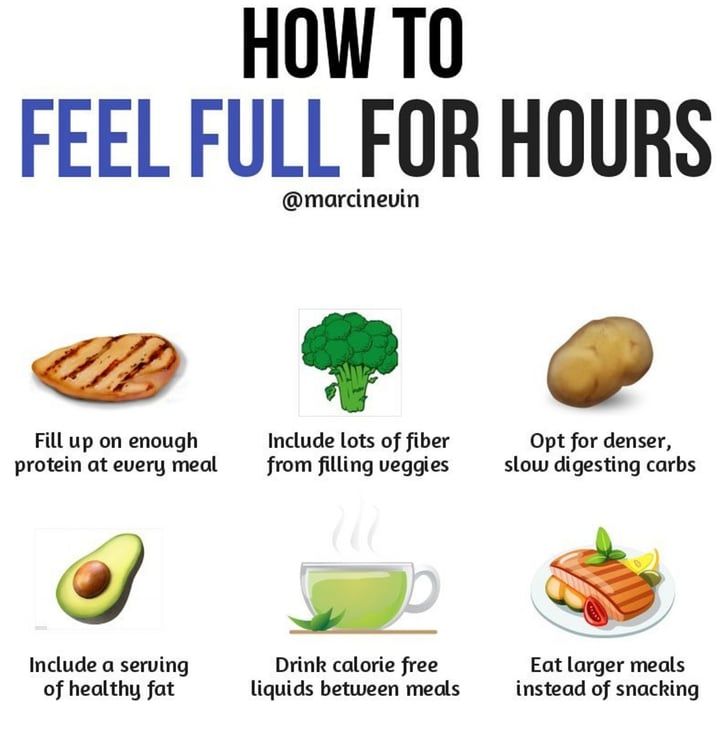 For an adult weighing 150 pounds (68 kg), that translates to about 340 mg (or 0.34 g) per day.
For an adult weighing 150 pounds (68 kg), that translates to about 340 mg (or 0.34 g) per day.
Cherries affect melatonin levels, carbohydrates cause a spike and subsequent fall in blood sugar, and the minerals in bananas relax your muscles. Any one of these factors could leave you sleepy and many foods can impact energy levels in different ways.
Share on Pinterest
It’s no surprise that not getting enough quality sleep can affect how you feel after a meal, too. If you’re relaxed and full, your body may feel more like resting, especially if you didn’t get enough sleep the night before.
The Mayo Clinic suggests sticking to a regular sleep schedule, limiting stress, and including exercise as part of your daily routine to help you get a better night’s sleep.
Though they also recommend avoiding midday naps if you have trouble getting a good night’s sleep, at least one study found a post-lunch nap to improve alertness and both mental and physical performance.
Share on Pinterest
Beyond helping you sleep better at night, exercise can keep you alert during the day, minimizing the risk of a post-meal slump. Multiple studies have found that regular exercise helps increase energy and reduce fatigue.
In other words, being sedentary doesn’t create some sort of energy reserve that you can tap into at will. Instead, being active helps ensure that you have the energy to push through your days.
On rare occasions, being tired after a meal or simply sleepy all the time could be a sign of another health problem. Conditions that can make post-meal drowsiness worse include:
If you’re frequently tired and have one of these conditions, talk to your doctor about possible solutions. If you’re unaware of an underlying medical condition but have other symptoms in addition to post-meal sleepiness, your doctor can help you identify what’s causing the slump.
If someone with prediabetes or Type 1 or Type 2 diabetes feels tired after eating, it could be a symptom of hyperglycemia or hypoglycemia.
Hyperglycemia (high blood sugar) may occur when too many sugars are consumed. It’s made worse if there’s inefficient or insufficient insulin to transport sugars to the cells for energy.
Sugars are the cells’ main source of energy, which explains why inefficient or insufficient insulin may leave you feeling tired. Other symptoms associated with hyperglycemia may include increased urination and thirst.
Hypoglycemia (low blood sugar) may occur due to consuming simple carbohydrates that are quickly digestible. These carbohydrates can make blood sugar levels spike and then crash in a short amount of time.
Hypoglycemia can also occur in someone with diabetes who has taken more insulin or other diabetes-specific medication than needed based on the foods they consumed. Sleepiness can be one primary symptom of hypoglycemia, along with:
Both hyperglycemia and hypoglycemia are serious medical conditions, especially for people with diabetes.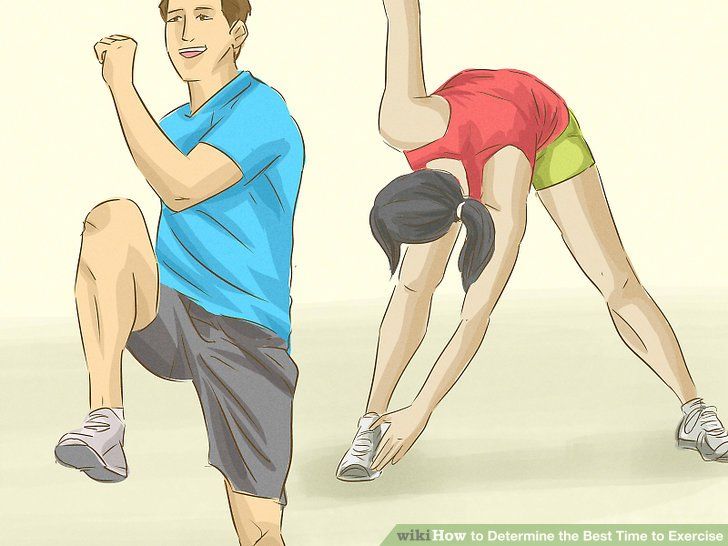 They should be treated immediately as directed by your doctor.
They should be treated immediately as directed by your doctor.
An intolerance of or an allergy to certain foods can be another cause of post-meal tiredness. Food intolerances and allergies can impact digestion or other bodily functions.
Other acute or chronic symptoms may also be present, including gastrointestinal upset, skin conditions, and headache or migraine.
If you find you’re feeling tired after meals, consider keeping a food diary. It can be a simple and helpful way to start identifying whether there are particular foods and ingredients, or other triggers, that may be having an impact on your energy levels.
A food diary, even if you only keep one for a few weeks, should include a record of everything you eat and drink. You should detail when you consume a food or beverage as well as how much. Also take notes on how you feel. Pay attention to your:
Write down any and all other symptoms.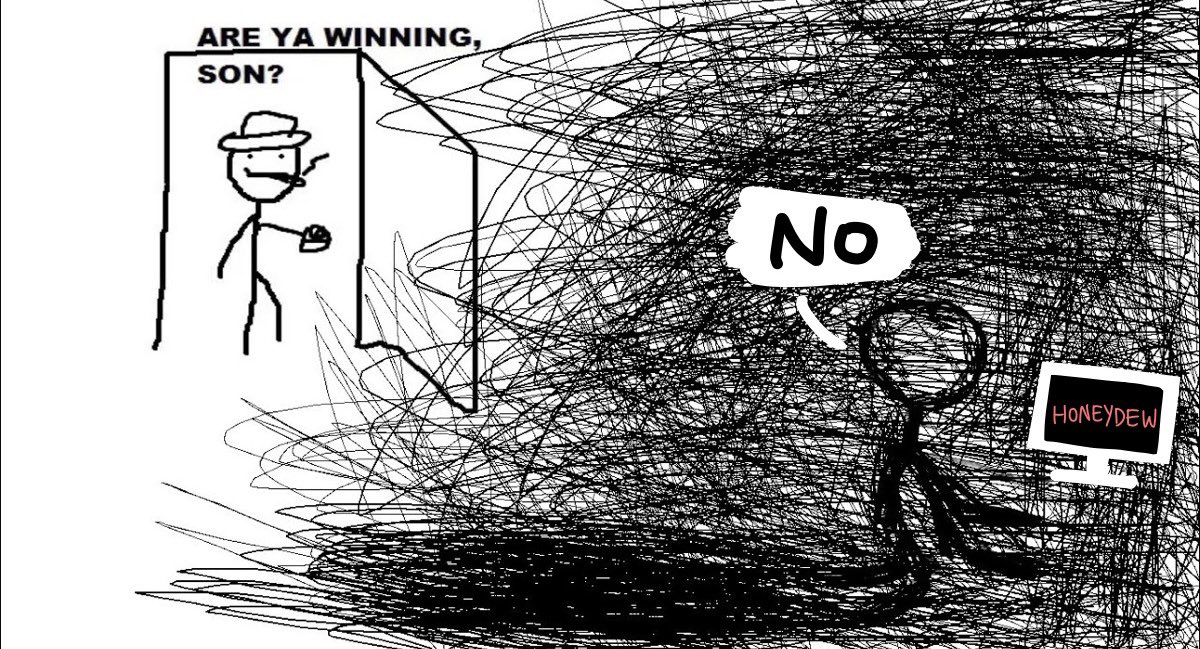 You may be able to draw some connections between your diet and how you feel, either on your own or with the help of a healthcare professional.
You may be able to draw some connections between your diet and how you feel, either on your own or with the help of a healthcare professional.
It’s always a good idea to discuss your diet with your healthcare provider, especially if you often feel tired after meals. Different diagnostic tests are available to help them find the root cause of your fatigue, including:
They may also suggest an elimination diet.
Your healthcare provider can determine whether or not testing is necessary for a diagnosis and, if so, what tests are most appropriate.
Regularly feeling tired after eating is something to discuss with your doctor. However, if the possibility of a more serious underlying condition has been ruled out or the fatigue only sets in occasionally, there are simple steps you can take to help maintain optimal energy levels.
Dietary and lifestyle habits that may help boost or sustain energy levels and counteract drowsiness include:
A balanced diet that includes foods such as vegetables, whole grains, and fatty fish promotes sustained energy. Try to incorporate more nuts, seeds, and olive oil into your meals.
Avoiding too much sugar and eating smaller, more frequent meals can also help.
If you feel tired after a meal, there’s a good chance it’s just your body responding to all of the biochemical changes caused by digestion. In other words, it’s completely normal.
However, if the symptom is disruptive or changing your lifestyle habits doesn’t seem to help, it might not hurt to talk to your doctor or to seek help from a dietitian.
Many people feel sleepy after eating. This can be a natural result of digestion patterns and sleep cycles.
Some types of foods and the timing of meals can also make people feel especially tired after a meal. A decrease in energy levels after eating is called postprandial somnolence.
Researchers have different theories about the cause of tiredness after eating, but they generally agree that it is a natural response and not usually a cause for concern.
Feeling tired, or having difficulty concentrating, after a meal is relatively common. A person may feel particularly tired, depending on what, when, and how much they ate.
Below, we discuss some reasons why a person might feel tired after a meal, and how to prevent it.

Foods rich in protein and carbohydrates can make people feel sleepier than other foods.
Some researchers believe that a person feels tired after eating because their body is producing more serotonin.
Serotonin is a chemical that plays a role in regulating mood and sleep cycles.
An amino acid called tryptophan, which occurs in many protein-rich foods, helps the body produce serotonin. Carbohydrates help the body absorb tryptophan.
For these reasons, eating a meal rich in both protein and carbohydrates may make a person feel sleepy.
Tryptophan occurs in foods that are rich in protein. These include:
Foods that contain high levels of carbohydrates include:
People often eat a combination of protein and carbohydrates before bed, such as cereal with milk.
A person may be likelier to experience postprandial somnolence after a large meal.
People who eat larger lunches may experience more of an afternoon slump than those who eat less at midday. Eating causes blood sugar to rise, and a dip in energy may follow.
Other factors can contribute to tiredness after eating:
Share on PinterestGetting enough high-quality sleep can help prevent tiredness after eating.
Feeling tired after a meal can be frustrating, especially after lunch, when a person may need to be alert.
A drop in energy during the day can be particularly dangerous for people who work in risky conditions, such as those who operate machinery or vehicles.
A 2017 study of the effects of eating on the performance of night shift workers found that those who ate at night performed worse and were more sleepy at 4 a. m. than those who had not eaten.
m. than those who had not eaten.
The following strategies can help prevent tiredness after a meal:
If a person is continually tired after eating, and it is affecting their quality of life, they should speak to a doctor.
The following medical conditions could contribute to excessive tiredness after eating:
Many people experience a dip in energy after eating. Large meals and meals rich in protein and carbohydrates are most likely to make people feel sleepy.
In most cases, a dip in energy after eating is a natural biological response.
However, if this is getting in the way of daily activities, a person may benefit from changing the contents and timing of their meals. If these types of changes do not help, see a doctor.
 We also tell you what foods to avoid so that after dinner you are not drawn to bed.
We also tell you what foods to avoid so that after dinner you are not drawn to bed. Updated:
We remind you that apteka24.ua has a mobile application: 12,000 drugs with detailed instructions and, of course, delivery throughout Ukraine. Look for us on the App Store and Google Play.
P.S. Discount 100 UAH for the first order from 1000 UAH using the promo code APP100
Almost every person after eating, regardless of the time of day, may feel the desire to lie down and take a nap. But why do you want to sleep after eating and should you start worrying? nine0005
The human body needs energy both to engage in active physical or mental work, and to function in a state of calm. We get this energy from food, but why do you feel sleepy after dinner and why is it so difficult to return to work?
We get this energy from food, but why do you feel sleepy after dinner and why is it so difficult to return to work?
Scientists explain this state by several theories. The most logical and generally accepted is that after eating, blood circulation changes: blood flow to the stomach, small and large intestine increases, and to the brain decreases. The brain begins to receive less oxygen and nutrients, so there is a desire to rest. nine0005
This condition is seen not only in humans, but also in animals. After several studies, it has been confirmed that most living creatures, including insects, snakes and rats, after eating, are drawn to sleep. This reaction is called food coma or postprandial drowsiness.
However, not all foods cause the same strong desire to take a nap after eating them. In addition, there are other factors why after eating there is weakness and you want to sleep.
If every time a strong desire to sleep arose after a meal, no one would be able to actively work and engage in various activities. It follows that certain foods cause drowsiness more than others.
It follows that certain foods cause drowsiness more than others.
The hormonal system is connected with the digestive system. The hormones glucagon, aniline, and cholecystokinin (CCK) are released to increase satiety, sugar levels, and insulin production. nine0005
There are also hormones that cause drowsiness if their levels in the body rise. These include serotonin and melatonin. Food products can affect the production of these biologically active substances, especially serotonin.
Protein food contains the amino acid tryptophan . It is used by the body during the synthesis of serotonin (a neurotransmitter that helps regulate sleep). The reason for the desire to sleep after eating may be an increased intake of food, which includes tryptophan. nine0005
Main products containing the amino acid in question:

The amount of this substance in food may vary depending on how it is processed and prepared.
Carbohydrates help the body absorb tryptophan, so foods rich in protein and carbohydrates may increase the likelihood of a desire to sleep after eating. nine0005
Some studies show that cherries affect melatonin levels, that is, they can increase it, and the minerals contained in bananas help relax muscles. However, these scientific experiments were few and repeated studies on a larger sample of people are required.
Weakness and drowsiness after meals can be affected by the amount of food consumed.
Eating a large amount of food at a time can not only provoke a desire to sleep, but also adversely affect health.
When a person overeats, the level of glucose in his body increases, which inhibits the functioning of orexin (a neuropeptide). Orexin is responsible for wakefulness and controls energy balance.
Large and extra portions contribute to the appearance of heaviness in the stomach, which after eating makes it difficult to return to the active performance of daily work. Overeating leads to the appearance of excess weight, and also provokes deviations in health from the gastrointestinal tract, cardiovascular and endocrine systems. nine0005
To prevent this from happening, you need to normalize your diet: do not eat a large amount of food at one time and refuse large portions.
Unfortunately, the feeling of drowsiness can still occur due to health problems.
The presence of certain diseases in a person can adversely affect the digestive tract and provoke bouts of drowsiness after breakfast, lunch or dinner.
Diseases that can cause sleepiness after eating:

If you often have a desire to rest after eating, you start to feel unwell and you have one of the listed diseases, then you need to see a doctor.
Drowsiness after eating may be the result of poor sleep quality. If a person does not get enough sleep and feels weak, a desire to rest, then eating even a small amount of food can lead to increased drowsiness. Blood flow to the stomach increases, and on the contrary, less oxygen and nutrients enter the brain, so you start to want to sleep even more. nine0005
Going to bed at the same time each day and resting for at least 8 hours a day can reduce the chance of drowsiness after meals.
But what other tips do you need to follow to stay awake after breakfast, lunch and dinner, or any snack?
Medical experts give you plenty of advice on how to stay active and energized after meals.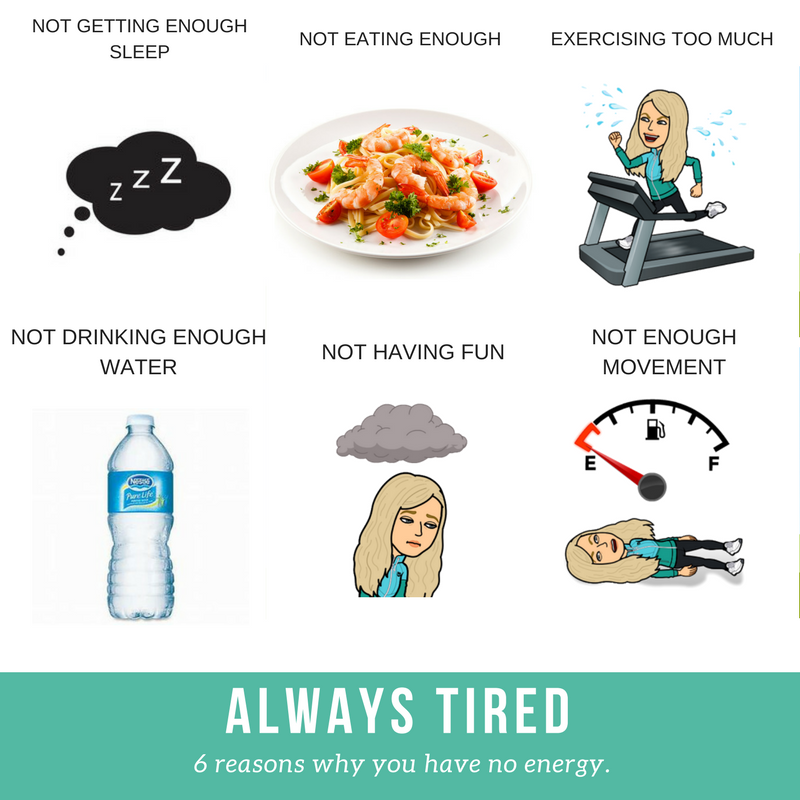
Consider 5 main ones:
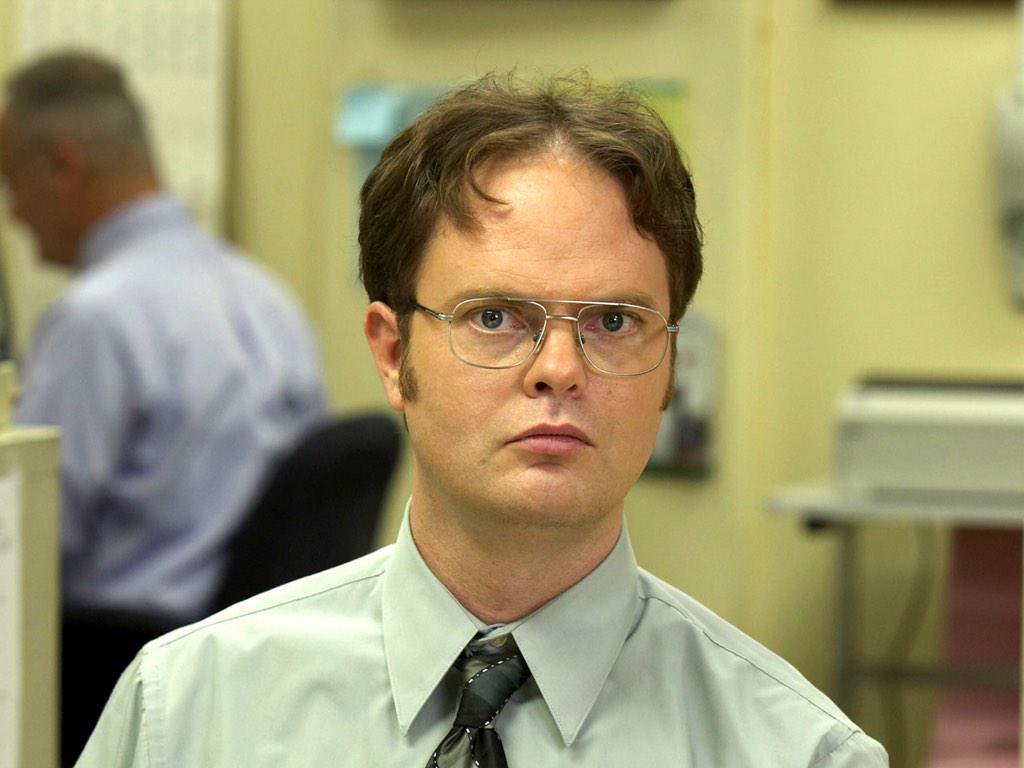 The simplest exercise in the morning can be the key to cheerfulness and well-being for the whole day. During exercise, blood circulation is activated and cells receive more oxygen. If you lead a passive lifestyle, having a sedentary job, then after eating there may often be a desire to rest. nine0016
The simplest exercise in the morning can be the key to cheerfulness and well-being for the whole day. During exercise, blood circulation is activated and cells receive more oxygen. If you lead a passive lifestyle, having a sedentary job, then after eating there may often be a desire to rest. nine0016 
Watch your diet and lead an active lifestyle, then the risk of sleepiness after eating will be minimal.
Some foods not only do not cause drowsiness, but are also very useful for humans. These are foods rich in vitamins. Read about 5 vitamins to take in the spring for strong immunity. nine0005
If you find it difficult to get up in the morning, but it is necessary, then here are 5 effective tips on how to become an "early bird". Read the new article on how to learn to get up early.
Learn more about health at apteka24.ua.
Correlation between nighttime meals, sleep quality and excessive daytime sleepiness in severely obese people in the UK / PubMed
Prudent diet is associated with low sleepiness among short-haul truck drivers / ScienceDirect
Why Do You Get Sleepy After Eating? These Are the Top Theories / TIME
Why Do I Feel Tired After Eating? / Healthline
Why do people feel tired after eating? / MedicalNewsToday
Why do we feel sleepy after eating a meal / TheJakartaPost
Sleepiness After Eating Lunch / VeryWellHealth
diagnosis and choice of treatment methods can only be carried out by your doctor! Self-medication may not be safe for your health. apteka24.ua is not responsible for possible negative consequences resulting from the use of information posted on the site by users of apteka24.ua. nine0005
apteka24.ua is not responsible for possible negative consequences resulting from the use of information posted on the site by users of apteka24.ua. nine0005
Food should supply the body with energy. But sometimes the opposite happens, and after eating we become lethargic, we want to lie down and rest.
Feeling tired after eating is quite common, and there are many reasons why food can act as a sleeping pill rather than fuel.
Why do you feel sleepy after eating and how to deal with it? We analyze all the reasons that cause the desire to sleep. nine0005
Insulin is a hormone produced by the pancreas that regulates blood glucose levels. It is insulin that ensures that glucose enters tissue cells, where it is used for energy or stored. When we eat, especially something sweet, the sugars coming from the food cause the glucose level to rise sharply.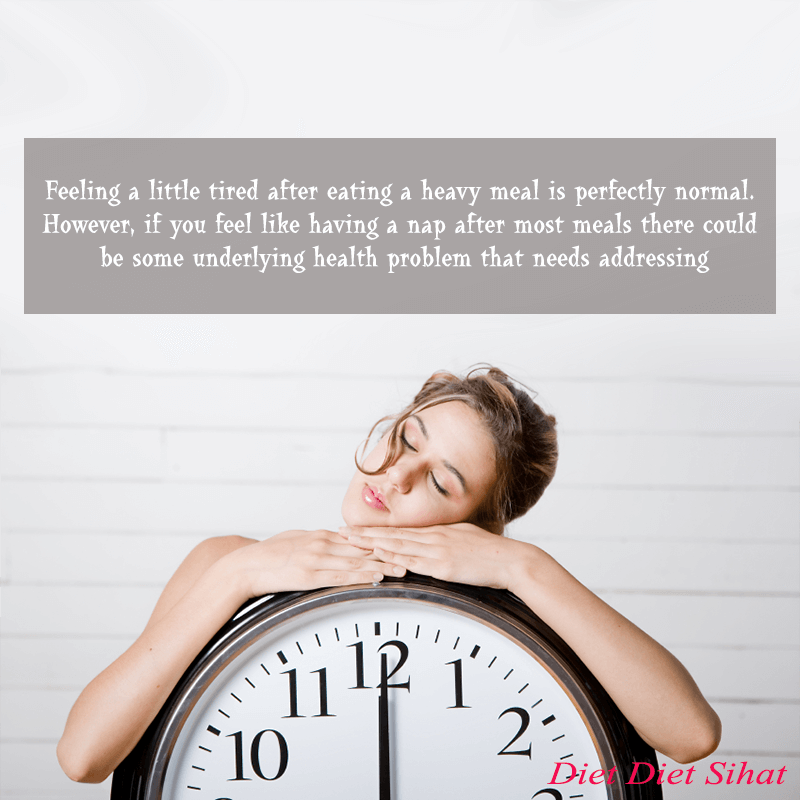
In response to this, insulin is released, which stimulates the transfer of glucose into tissues, its concentration in the blood decreases. A large drop in glucose levels that occurs some time after a meal can cause a feeling of fatigue. This can be either a normal reaction or a symptom of insulin resistance or type 2 diabetes. nine0005
To avoid post-meal energy spikes and prevent the development of insulin resistance, it is recommended to include a mixture of complex carbohydrates, healthy fats and lean protein with each meal, and to choose foods that are low in saturated fat and high in fiber.
Some foods high in protein and fat, such as pizza, pasta carbonara or fatty roasted meats, may also cause drowsiness. This is due to the hormone cholecystokinin (CCK), which is especially actively produced in the cells of the duodenal mucosa in response to the breakdown products of proteins and fats.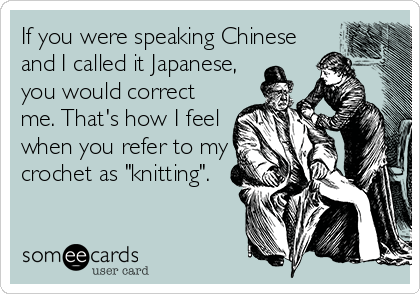 nine0005
nine0005
CCK helps the body break down proteins and fats, and some studies show that drowsiness increases with increasing CCK levels.
It is hypothesized that when we eat foods high in saturated fatty acids (such as red meat or sweets), they stimulate inflammation, and the body may release cytokines (molecules that have a pro-inflammatory or anti-inflammatory effect), such as interleukin -1 (IL-1). Studies show that higher levels of IL-1 may be one of the causes of sleepiness after meals. nine0005
A modern person can no longer imagine his morning without a cup of coffee. But it is important to know that the effect of an invigorating drink is short-lived. The stimulant effect is usually limited by the half-life of caffeine (the time it takes the body to eliminate and metabolize the substance before it loses half of its pharmacological potential) and is three to five hours after you have drunk a cup of coffee. nine0005
nine0005
Therefore, if the first glass falls at 7-8 am, then closer to dinner the invigorating effect will disappear due to a decrease in the concentration of caffeine in the blood.
Food intolerances and food allergies are often associated with unpleasant gastrointestinal symptoms such as stomach cramps or diarrhea. But sometimes food intolerances that we are not yet aware of can make us feel sleepy.
For example, lactose intolerance, which is found in dairy products, sometimes develops with age and can cause fatigue directly or indirectly through disturbances in digestion and absorption of nutrients and vitamins. nine0005
Alcohol combines two seemingly completely opposite effects - stimulating and sedative. Studies show that stronger stimulant effects and a state of euphoria are observed with a gradual increase in the concentration of alcohol in the blood, and sedative - after a significant dose of alcohol and the end of the party.
But even with moderate consumption, a glass of wine or beer can cause drowsiness after a meal. This is due to the fact that alcohol is a poison for the body, which takes a lot of energy to neutralize, which can make us feel tired. nine0005
At the same time, you should not take a glass of wine in the evening as a guarantee of sound sleep. A few hours after drinking alcohol, adrenaline levels rise in the body, which increases the heart rate and usually stimulates the activity of the sympathetic nervous system, which leads to nocturnal awakenings. Alcohol also relaxes the muscles in the throat, and this relaxation can exacerbate breathing problems during sleep and contribute to sleep apnea (recurrent pauses in breathing).
Each of us has an internal clock called the circadian rhythm. They regulate the body's natural sleep and wake cycles.
Around 2-4 pm, usually after lunch, there is one of the natural peaks of sleepiness, during which the concentration of attention decreases.